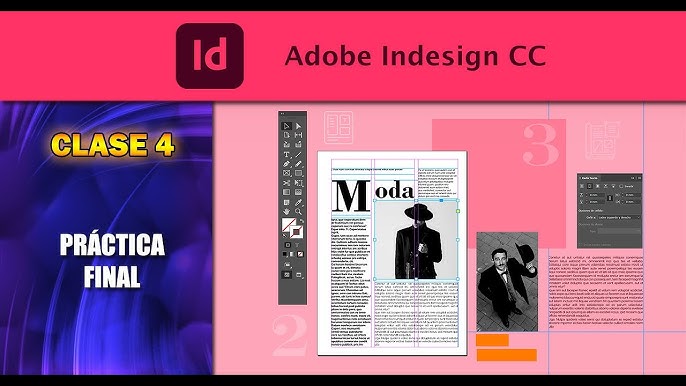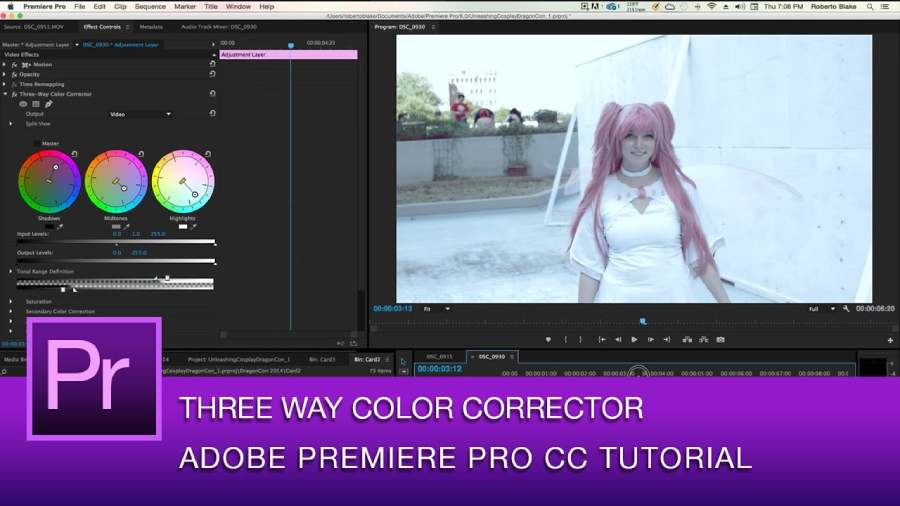Best Selling Products
Learn about DSLR, Mirrorless, Compact Cameras to Make the Most Suitable Choice
Nội dung
- 1. DSLR: The Top Choice for Professional Photographers
- 1.1. Advantages of DSLR Cameras
- 1.2. Disadvantages of DSLR Cameras
- 2.1. Advantages of Compact Machines
- 2.2. Disadvantages of Compact Machines
- 3. Mirrorless Camera: The Perfect Combination Between DSLR and Compact
- 3.1. Advantages of Mirrorless Cameras
- 3.2. Disadvantages of Mirrorless Cameras
- 4. How to choose the right camera for your needs
- Conclusion
Compare and analyze DSLR, Mirrorless and Compact cameras to help you choose the device that suits your needs and photography style.
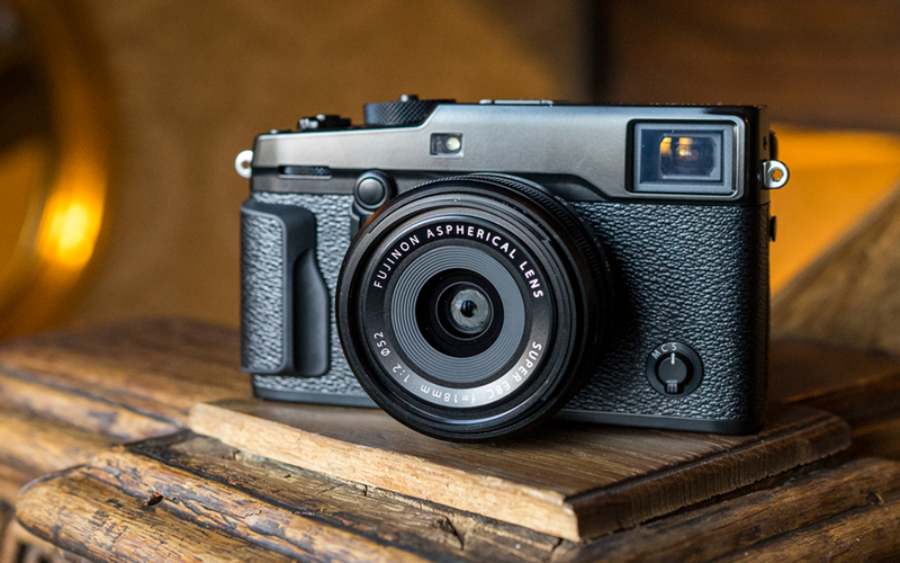
Choosing between DSLR, Mirrorless and Compact cameras can be confusing for many people, especially when each type of device has its own advantages and disadvantages. The following article by SADESIGN will analyze in detail the three most popular types of cameras today, helping you better understand the differences, thereby making the right decision for your photography needs.
1. DSLR: The Top Choice for Professional Photographers
DSLR (Digital Single-Lens Reflex) cameras have long been considered the preferred choice of professional photographers and photography enthusiasts. These cameras use a reflex mirror to transmit images from the lens to the sensor and through the optical viewfinder, giving users a very realistic and precise shooting experience. With powerful features, high customization and outstanding image quality, DSLRs remain one of the most popular camera types.
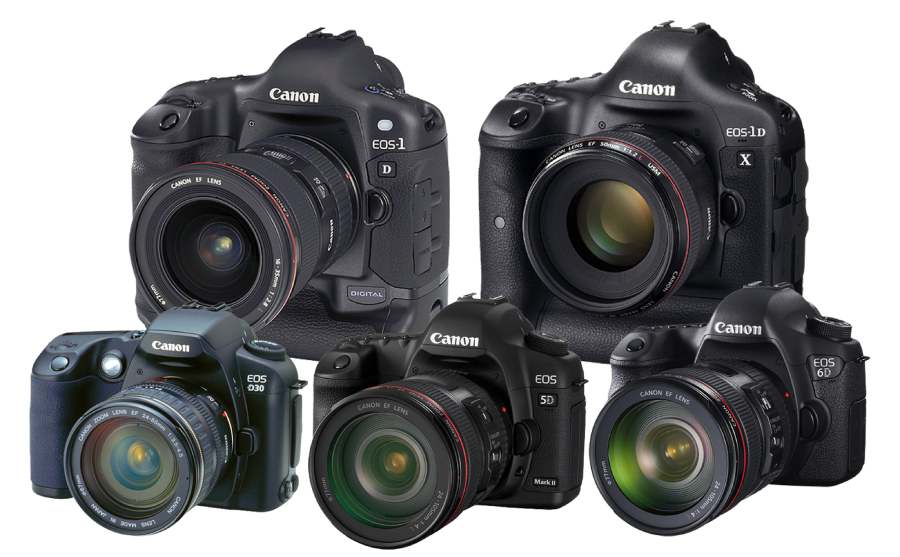
1.1. Advantages of DSLR Cameras
High Image Quality
DSLRs have large image sensors that help capture light well and produce sharp, highly detailed images. Image quality is a strong point that almost all photographers appreciate in DSLRs.
Fast Focus Speed
DSLRs use a phase detection autofocus system, which helps focus much faster and more accurately than other camera lines, especially when shooting fast-moving subjects.
Highly Customizable
DSLRs offer users a wide range of lenses and accessories, allowing you the flexibility to change to suit different photography genres such as portraits, landscapes, sports or macro.
Long Battery Life
One of the strengths of DSLRs is their relatively long battery life compared to Mirrorless cameras. This is important when you need to shoot during a long trip or event without having to worry about constantly recharging the battery.
1.2. Disadvantages of DSLR Cameras
Size and Weight
DSLRs are quite large and heavy, which can make them inconvenient to carry around on long trips or vacations.
Old Technology
Although a top choice in professional photography, in terms of technology, DSLRs have begun to be overtaken by Mirrorless cameras, especially in terms of video recording capabilities and autofocus systems.
2. Compact Machine: Small, Convenient for Beginners
Compact cameras, also known as point-and-shoot cameras, are small, easy-to-use cameras that are ideal for beginners or those who do not need to take professional photos. Unlike DSLRs or Mirrorless cameras, compact cameras usually do not have interchangeable lenses and do not have many manual adjustment functions. However, with a high level of automation, they are still an ideal choice for those who want to take quick photos without having to worry about complicated settings.
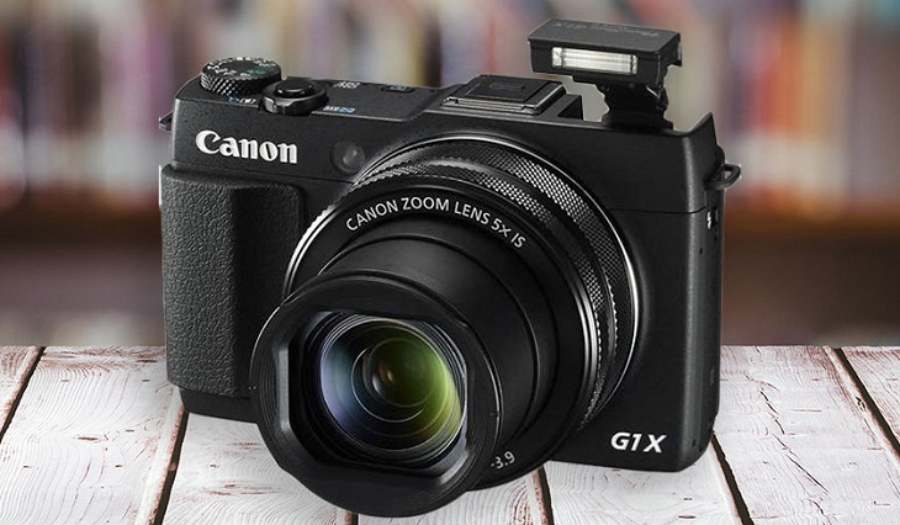
2.1. Advantages of Compact Machines
Compact Size
One of the reasons why Compact machines are popular is their compact design, making them easy to carry around. You can put the machine in your bag or pocket without feeling bulky.
Easy to Use
Compact cameras have a simple design with automatic modes that make it easy to take pictures without having to understand photography techniques. This is the perfect choice for beginners and those who just want a camera that is easy to carry.
Affordable
Compared to DSLRs and Mirrorless, Compact cameras are much cheaper, which makes them a popular choice for those who don't want to invest too much in a camera.
2.2. Disadvantages of Compact Machines
Limited Image Quality
Due to the use of smaller sensors and the lack of interchangeable lenses, the image quality of compact cameras cannot be compared to DSLRs or Mirrorless cameras, especially in low light situations or when you need to take high resolution photos.
Poor Focus and Customization
Compact cameras do not support many customizations in shutter speed, aperture or ISO, limiting the user's control over the shooting process. The autofocus system is also often slow and not as accurate as on high-end models.
3. Mirrorless Camera: The Perfect Combination Between DSLR and Compact
Mirrorless cameras are becoming an increasingly popular choice for photography enthusiasts. Mirrorless cameras do not use a reflex mirror like DSLRs, so they are more compact in size but still provide comparable image quality. By eliminating the mirror and optical viewfinder, Mirrorless cameras can easily integrate phase and contrast autofocus systems, as well as the ability to shoot 4K video.
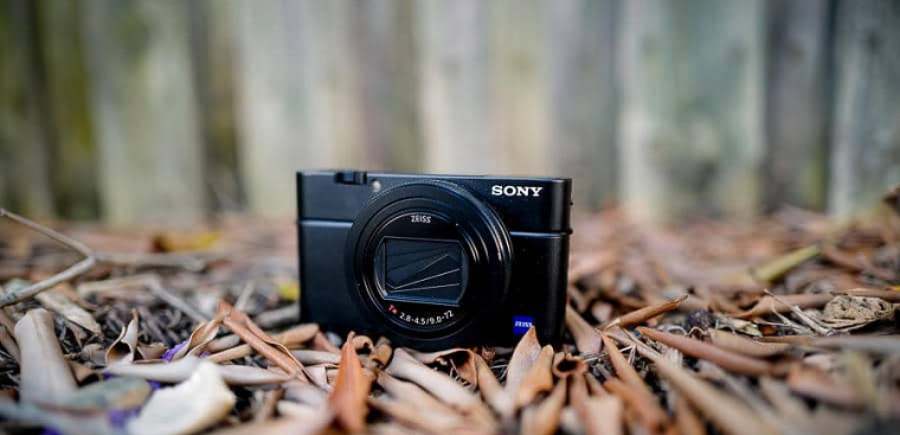
3.1. Advantages of Mirrorless Cameras
Compact Size
Despite having a large image sensor and image quality that is not inferior to DSLR, Mirrorless cameras are still much lighter and smaller in size. This makes it easy for users to carry and use on trips or quick photo shoots.
Excellent Video Capability
Today's Mirrorless cameras often come with high-quality video capabilities, especially high-end cameras that can shoot 4K video. This is a strong point of Mirrorless compared to DSLRs, which have less-than-optimal video capabilities.
Precise Autofocus
The autofocus system on Mirrorless cameras uses phase detection and contrast detection technology, helping the camera focus quickly and accurately even when recording video or taking photos of moving subjects.
High Image Quality
With large image sensors and the ability to change lenses, Mirrorless cameras can produce sharp, detailed photos with good depth of field, even comparable to DSLRs in some cases.
3.2. Disadvantages of Mirrorless Cameras
Short Battery Life
Due to the use of an electronic screen and lack of a mirror, Mirrorless cameras consume more power, resulting in shorter battery life than DSLRs. This can be a problem if you have to shoot for long periods of time without a chance to recharge the battery.
High Price
While there are many affordable Mirrorless options, the high-end models can be quite pricey. This can be a factor to consider if you are looking to invest in a camera.
4. How to choose the right camera for your needs
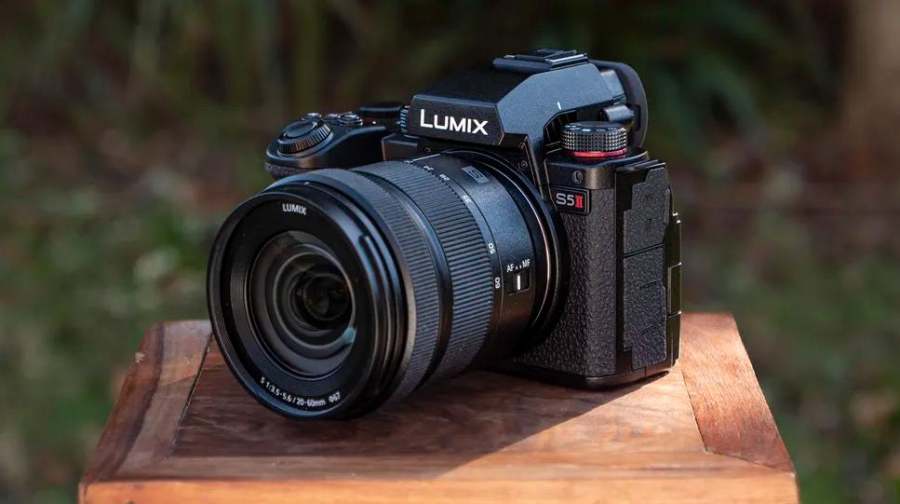
Choosing between DSLR, Mirrorless and Compact cameras depends not only on your budget but also on your needs and photography style. If you are a professional photographer and love flexibility, DSLR will be the choice you cannot ignore. If you need a compact, easy-to-use camera that does not require too many complex features, Compact cameras are the ideal choice. But if you want to combine high image quality with portability, Mirrorless cameras will give you a great experience.
Depending on your preferences and intended use, you will find the right camera for you among these three options. Carefully consider the pros and cons of each type of camera to make a decision.
Conclusion
Through this article, you will learn detailed information about DSLR, Mirrorless, Compact cameras and make the right choice for yourself. Follow SADESIGN's Blog regularly to update the latest information and learn more about photography!










































